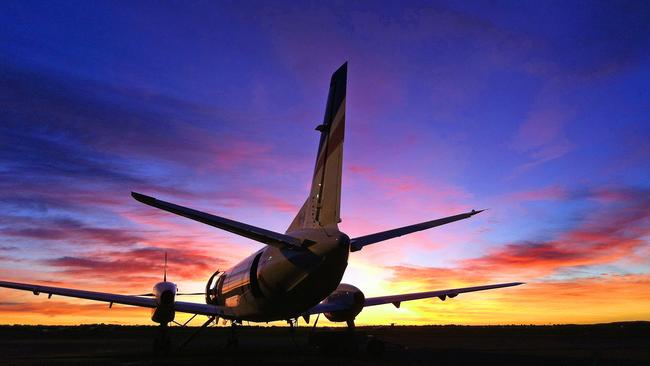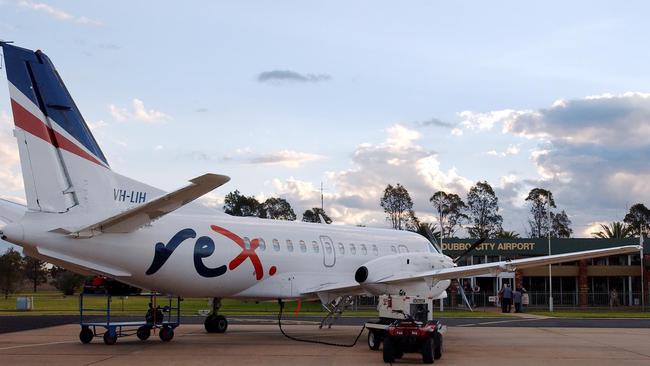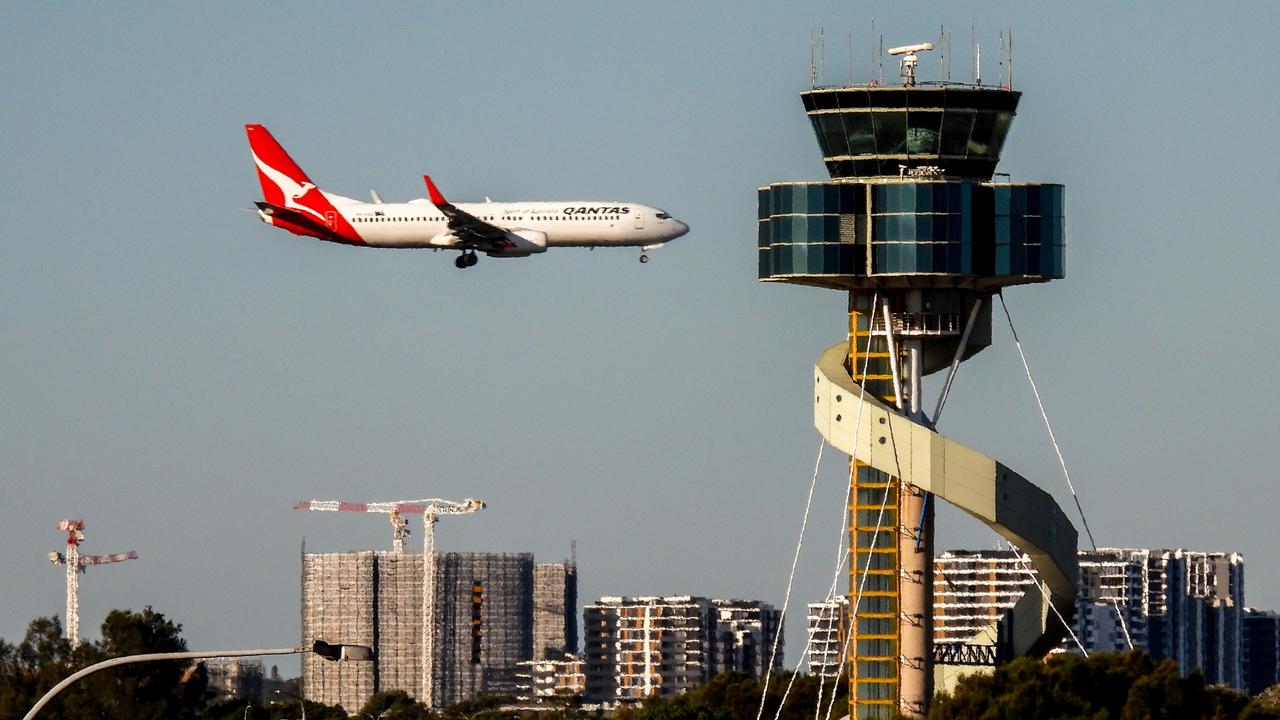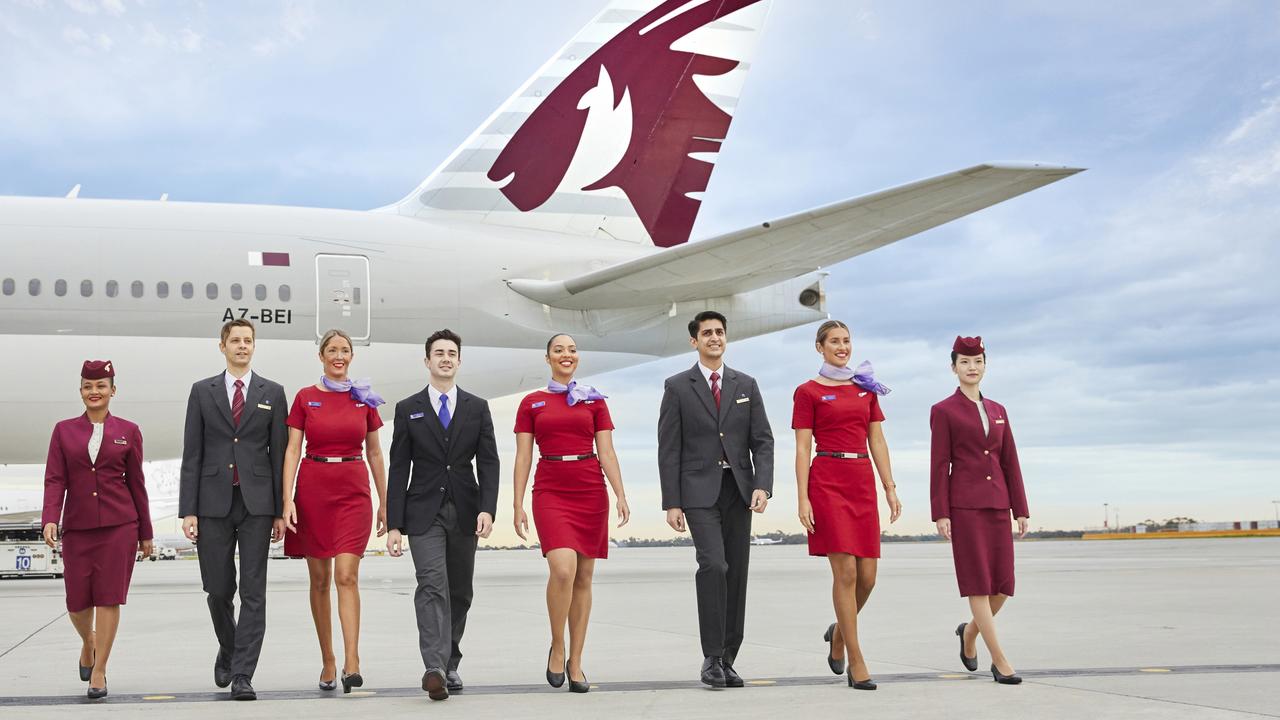Rex reveals plan to go electric in pursuit of net zero emissions
The group is the latest airline to go green, revealing plans to retrofit its fleet of turbine powered aircraft with electric engines.

The race to achieve zero emissions in flight has a new contender.
Regional Express has teamed up with Sydney Seaplanes’ subsidiary Dovetail Electric Aviation to pioneer the conversion of turbine-powered aircraft to electric.
Under the partnership, electric engines will be retrofit to legacy aircraft initially for regional and general aviation flying.
It’s possible the first electric flights could be in the air as soon as 2025 over short distances.
Rex deputy chairman John Sharp said the airline was “proud and excited” to be at the forefront of developments in sustainable regional aviation, and helping with national efforts to achieve net zero emissions by 2050.
“Australia, with its very high utilisation of regional aviation and large number of aircraft capable of conversion, is a perfect incubator for the electric aviation industry,” Mr Sharp said.
“Significantly lower operating costs of electric aircraft will also help to stimulate regional aviation services between communities not currently served by scheduled flights.”
The plan was for Rex to provide an aircraft to be used as a test bed for the project, along with a raft of support facilities such as engineering expertise and technical assistance.
Sydney Seaplanes chief executive Aaron Shaw said they were delighted to be partnering with Rex for an initiative that promised to put Australia firmly on the map as a global leader in electric aircraft.
In the first instance, the battery powered planes would operate short flights such as Rose Bay to Palm Beach, while work continued on electric aircraft capable of longer distances.
“My view is you have to start somewhere, otherwise you’ll never get to your destination,” Mr Shaw said.
“Our vision is to lead regional aviation across the world into an exciting new sustainable era.”

It was estimated there were as many as 11,000 nine to 19-seat aircraft across the world, capable of being retrofitted with electric engines.
As well as benefiting the environment, electric aircraft were much quieter than fuel-operated aeroplanes and around 40 per cent cheaper to operate, Mr Shaw said.
“The fuel price is a massive issue for all airlines but with electric engines, that volatility goes away,” he said.
“The engines themselves are far simpler than a turbine engine, therefore they have a longer life.”
The newly inked partnership was endorsed by Fortescue Future Industries executive chairman Andrew Forrest, who recently signed a memorandum of understanding with Airbus to decarbonise the aviation industry.
He said aviation was one of the globe’s major carbon emitters but also one of the hardest industries to decarbonise.
“Investment in the development of new technology will be vital if we are to succeed in balancing the need for air travel with the need to reduce emissions,” Mr Forrest said.
“Pioneering innovative solutions through partnerships like the one announced by Rex Airlines will help to place Australia at the forefront of that technology development as well as the much-needed green revolution within the aviation industry.”
Currently, Rex operates a fleet of 61 Saab 340s and 6 Boeing 737s to 58 destinations throughout Australia.
Other airlines, like Qantas and Virgin Australia have focused their push towards net zero emissions on sustainable aviation fuel which can be used without the need for modification to modern jet aircraft.
Qantas is aiming to use 10 per cent of SAF in its fuel mix by 2030, and about 60 per cent by 2050, and recently signed a deal with Airbus to help kickstart SAF production in Australia.
As yet, the country generates no SAF despite exporting thousands of tonnes of agricultural waste and feedstock overseas for the purpose of SAF production.



